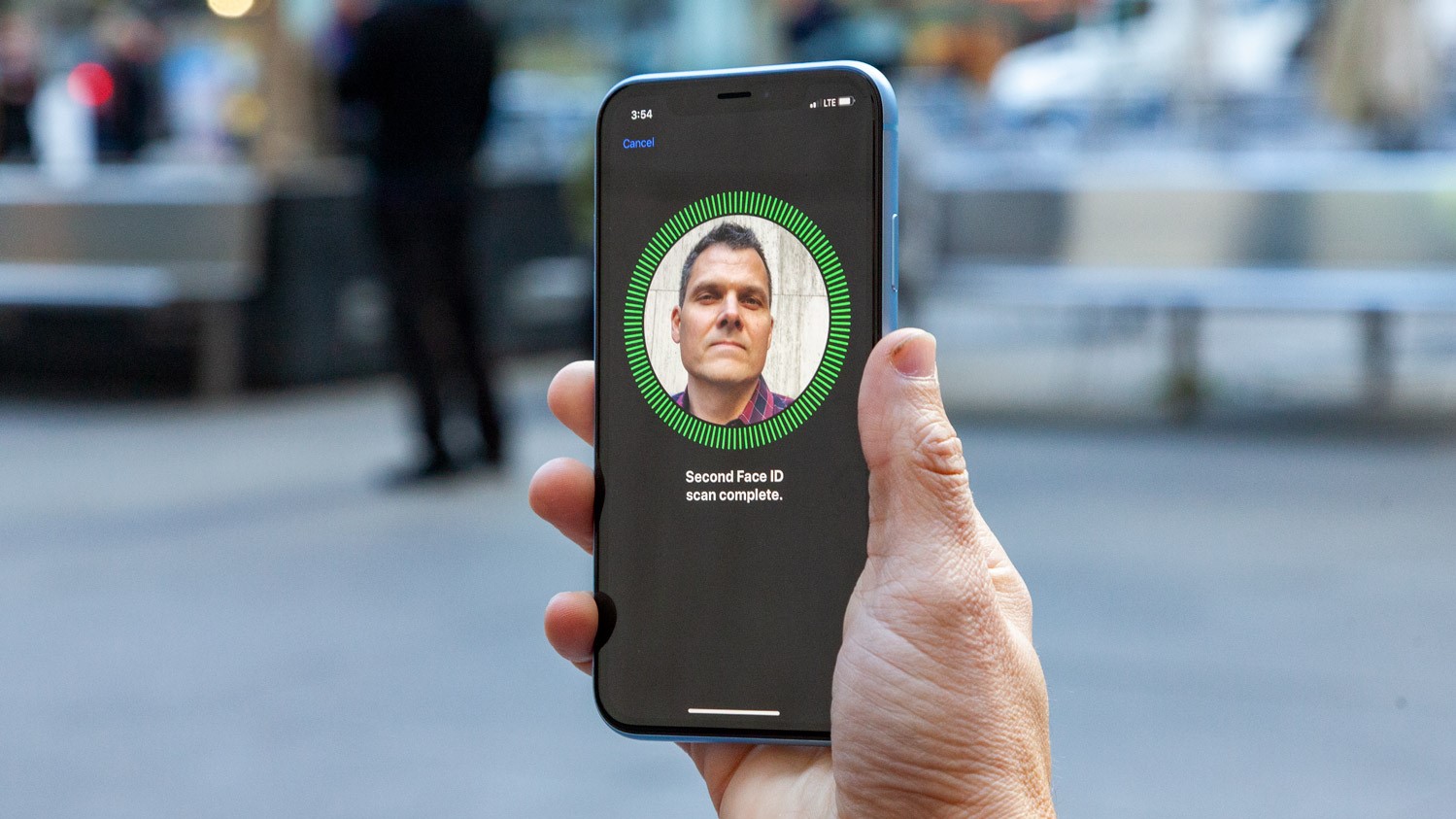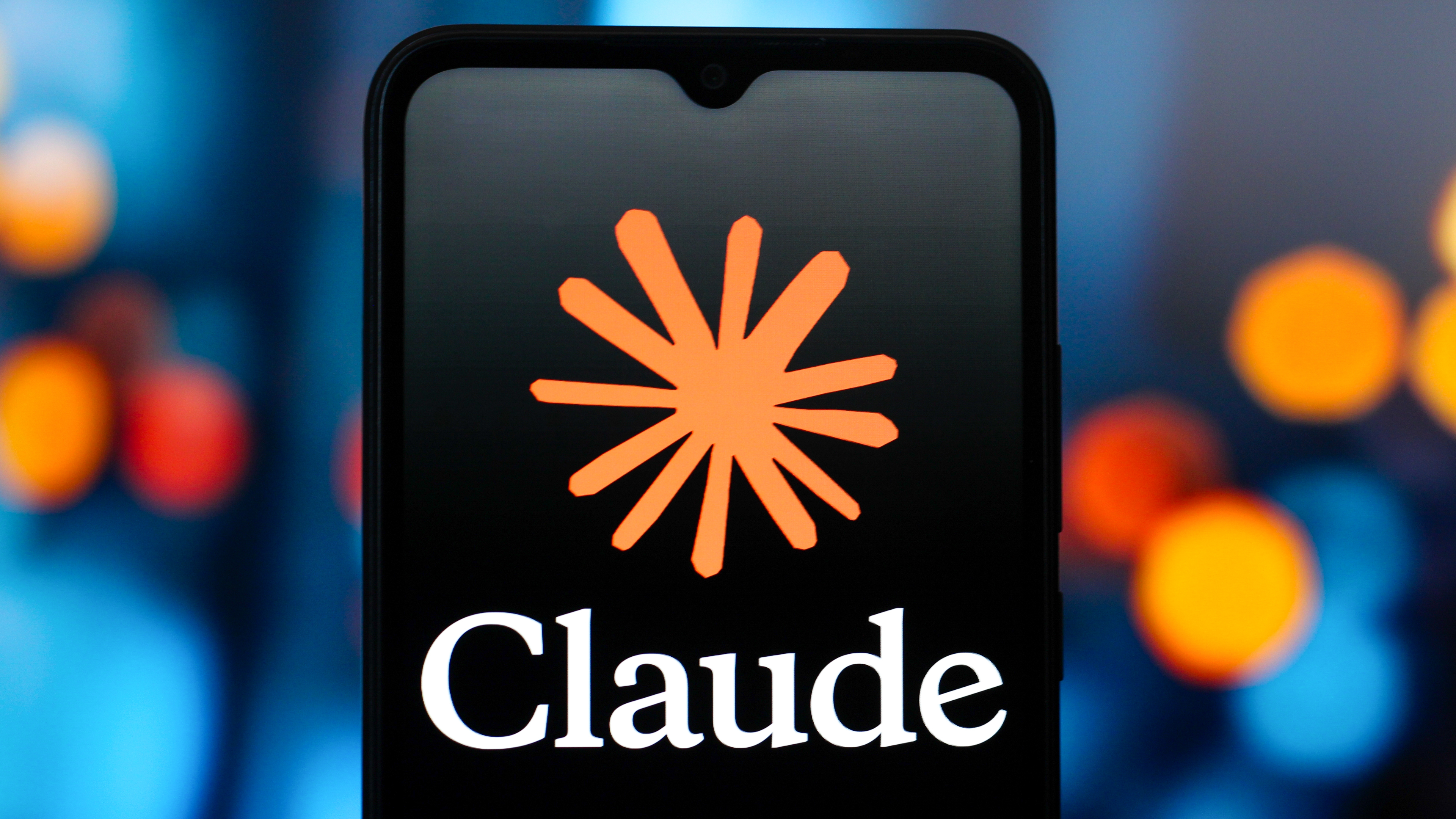iPhone 12 could fix the most annoying thing about Apple's phones
Apple needs to implement this clever Face ID feature right away

Quick, what's the most annoying thing about smartphones? Sure, there are many answers to that broad question, but my vote goes to that moment when you're using your phone in bed, lying on your side, and the screen orientation flips even though you don't want it to.
Thankfully, a new Apple patent unearthed by AppleInsider and subsequently reported by MacRumors suggests Cupertino may have a solution in store for iPhone users. But this patent is so obviously clever and attainable with existing hardware that you'd have to imagine Apple could implement it in iOS tomorrow if it wanted to, well before the iPhone 12 launches.
- Everything you need to know about the iPhone 12
- The best iPhones you can buy today
- Plus: iPhone 9 will be the most important phone of 2020 — here's why
The patent explores using Face ID to determine the position of a user's face relative to the phone — so that even if they're interacting with their handset while it's lying flat on a table, or perhaps being held on its side or up above the individual's head, the device knows exactly which direction the screen should be oriented in.
This would be a massive innovation beyond the existing system for determining screen orientation, which relies solely upon readings from a device's accelerometer.
As anyone who uses a smartphone knows, though, accelerometers alone aren't sufficient. Users can get around those frustrations by locking the device's orientation to portrait mode in Control Center, though toggling that on and off is a bit of a nuisance just for those brief moments when you're not holding your phone normally.
Android 9 Pie actually introduced a decent solution to this issue — a small orientation flip button that pops up in the corner of the display when auto-rotation is turned off, but you still want to use the device in landscape mode. Still, with sophisticated facial recognition as readily available as it is today, we should have a better solution to this dilemma than a simple button.
In fact, I'm curious why Apple hasn't added the feature already. Every new iPhone dating back to the iPhone X already has a TrueDepth camera. What's more, the device wouldn't even need to collect the same detail and degree of information as it does when conducting facial authentication — it would only need a rough view of the user's eyes.
Get instant access to breaking news, the hottest reviews, great deals and helpful tips.
Here's hoping Apple gets moving on this patent so it can appear in a forthcoming version of iOS, possibly even before iOS 14 launches in the fall. Normally, we recommend readers always take ruminations surrounding patents with a pillar of salt — but again, this one is so dead simple, we can't imagine it's that far off in the distance.
Adam Ismail is a staff writer at Jalopnik and previously worked on Tom's Guide covering smartphones, car tech and gaming. His love for all things mobile began with the original Motorola Droid; since then he’s owned a variety of Android and iOS-powered handsets, refusing to stay loyal to one platform. His work has also appeared on Digital Trends and GTPlanet. When he’s not fiddling with the latest devices, he’s at an indie pop show, recording a podcast or playing Sega Dreamcast.
